At present, in the general led lighting market, there are non-isolated and isolated driving power sources. The so-called isolated power supply means that the input mains (220V AC in China) is electrically isolated from the output, and the non-isolated power supply is not isolated. In the LED luminaire, the isolated power-driven LED lamp bead is separated from the 220V mains, and the non-isolated power-driven lamp bead is connected to the mains.
Performance, the advantages of isolated power supply is: no threat to the human body, wide voltage performance is very good, non-isolated is now very mature, the voltage range is slightly worse than the isolation, the voltage range is between 110V-300V, and The isolated power supply can achieve 60-300V. The high and low currents are very uniform. The isolated drive is safe but less efficient, and the non-isolated drive is more efficient. The isolated or non-isolated drive should be selected according to the actual requirements. From the constant current accuracy: the isolation type can be achieved within ±5%, and the non-isolated type can also be done.
Non-isolated circuits are very sensitive to surges and have poor rejection. Lightning surge, this voltage is instantaneous high voltage, up to several thousand volts, the time is very short, the energy is very strong, this voltage enters the power supply, for the non-isolated BUCK circuit, it will instantaneously convey the output, destroy the constant current detection ring, or Further destroying the chip, causing 300v straight through, and burning the entire tube, the strategy is to add lightning protection and surge devices to the input. In fact, it refers to the non-isolated power supply. When the shipment is in bulk, the repair rate is higher than that of the isolated LED driver, mostly because it is damaged. The probability of isolated power supply bursting is much smaller, and non-isolated is generally around 2% to 3%.
LED drive power, what is non-isolated? What is isolation? Can the power supply be certified? What is the difference between the power supply of A manufacturer and B manufacturer?
Our goal is to make it possible for groups other than engineers to figure out what LED power is.
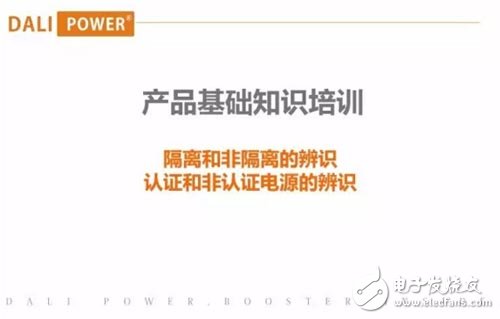
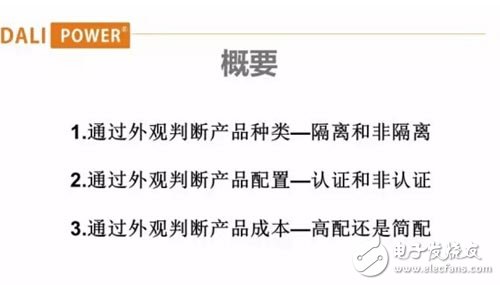
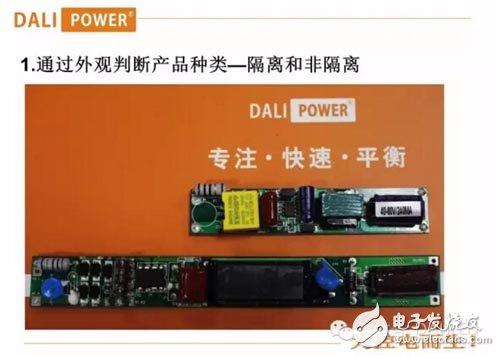
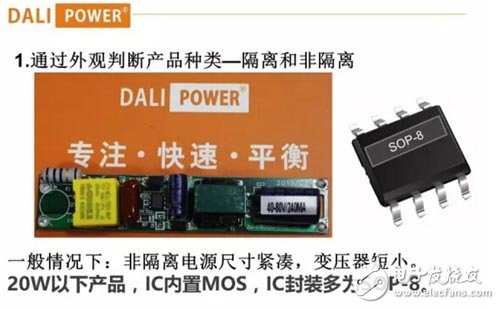
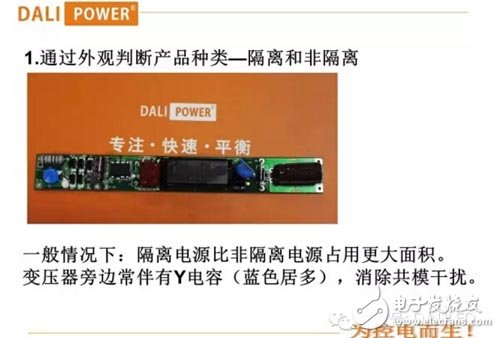
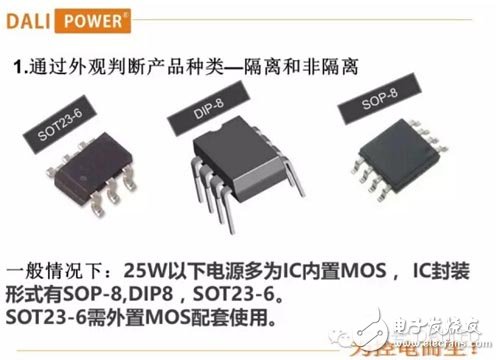
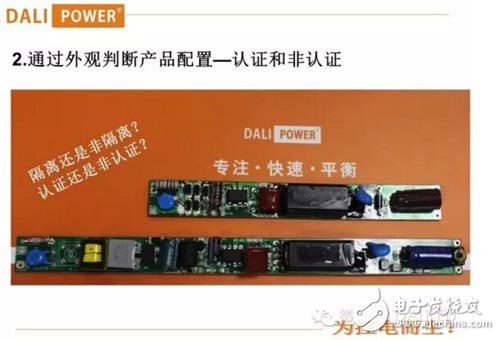
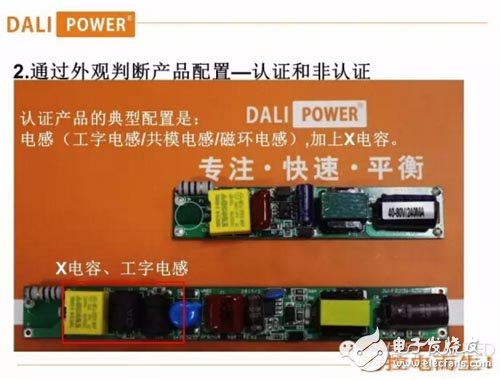
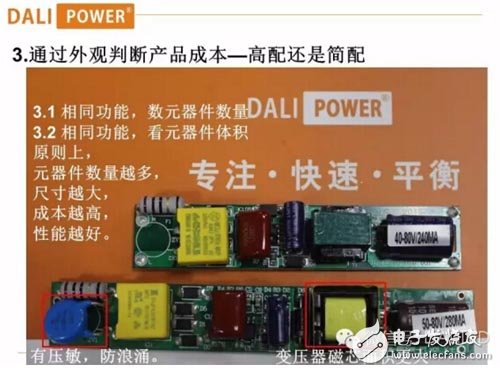
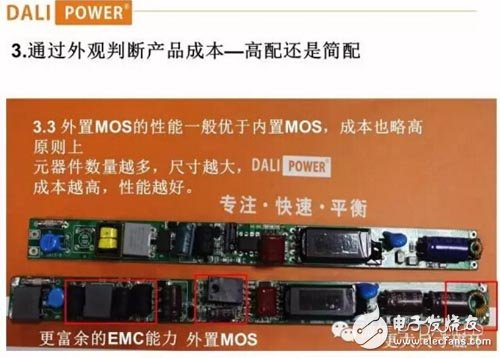
Description of Right Angle D-SUB Connector
The right angle d-sub is an ideal connector solution for applications where space is at a premium and there is little to no room for connectivity & cabling. The 90° angle cable exit allows for increased mounting options and versatility of design for those tighter, more compact application needs such as computer servers and industrial robotics.
Antenk RIight's Angle Standard D-SUB Connector Series Including:
Standard D-Sub Right Angle Machined
Standard D-Sub Right Angle Stamped
Standard & HD D-Subs SMT Right Angle & RA Zero Footprint Through Hole
VGA over Dual PS/2 ports Stamped Contacts
Antenk RIight Angle High Density D-SUB Connector Series Including:
High Density D-Sub Right Angle Stamped
High Density D-Sub Right Angle Machined
Dual-Port D-Sub
Standard & HD D-Subs SMT Right Angle & RA Zero Footprint Through Hole
High Density D-Sub Right Angle Stamped
Antenk's RIight Angle D-SUB Connector Options
Number of Rows
Shell Size
Mounting Style
Packaging
Gender
Shell
TARGET MARKET / APPLICATION
Communications
Base Stations
Switching
Transmission
Asymmetric Digital Subscriber Line (ADSL)
Data
Desktops/ Laptops
UPS, Storage systems
Routers, Servers
Printers, Copiers
Consumers
Consumer Electronics
Set-top-boxes
Energy meters
Industrial & Instrumentation
Robotics
Control Drives
Power Supplies
Medical Instruments
Test Equipments
POS & Handheld terminals
Renewable Energy
Surveillance Camera
Office Automation
Parking Meters
Gaming Machines
Military
Military
Avionics
Military Equipment
Right Angle D-SUB Connector
Standard Density right angle D Sub Connector machined contacts, Right Angle High Density D-SUB Connector,Standard Density right angle D Sub Connector stamped contacts
ShenZhen Antenk Electronics Co,Ltd , https://www.antenk.com